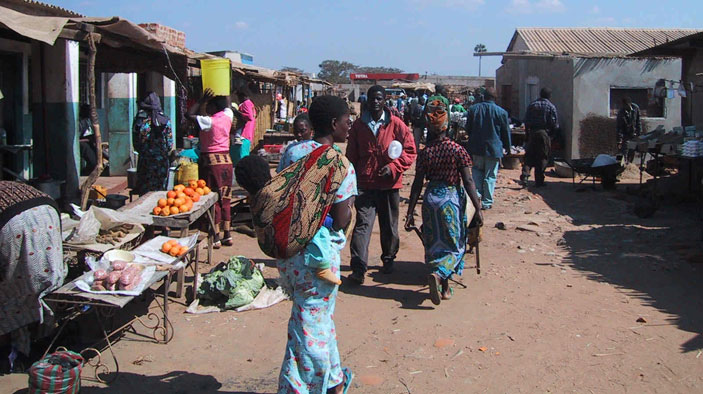East Africa—Roads to a Healthy Future Program (ROADS II)
Client: U.S. Agency for International Development
Duration: 2008-2013
Region: Sub-Saharan Africa
Country: Regional
Solutions: Global Health
The ROADS II program, a successor to the Regional Outreach for Addressing AIDS through Development Strategies (ROADS) project, was implemented under a cooperative agreement, where Family Health International (FHI) held the Leader Award and DAI was a subcontractor. ROADS II operated in Ethiopia, Kenya, Rwanda, Tanzania, Uganda, Burundi, the Democratic Republic of the Congo, Djibouti, and Sudan. The project increased access to multisectoral HIV/AIDS, health, and related services for mobile populations and vulnerable communities along major transport corridors; and increased African regional institutions’ capacity to scale up best practices and apply lessons learned in HIV and health. The economic activities of most ROADS II beneficiaries was in low-yield subsistence agriculture and low-margin petty trade. Most of these households are further disadvantaged by the recent deaths of working members, poor agricultural skills, inadequate access to supplies, inability to raise the capital required to grow microenterprises, and dissolution of safety nets that would allow them to recover from accidents or illnesses. Adverse living conditions force many of these low-income women and youths to engage in transactional sex, further exposing them and their partners to HIV infection. With FHI, DAI empowered these communities to improve their lives through savings groups, business skills training, and participation in higher-value industries, with the goal of building their resilience and reducing the risks they face in securing their livelihoods. DAI’s technical and regional experience in this area is informed by our work on the Urban Agriculture Program for HIV-Affected Women in Ethiopia and its successor, the Urban Gardens for HIV-Affected Women and Children project.

Sample Activities
- Increase household food production.
- Build savings and access to credit and other financial services.
- Link affected households into business activities in mainstream value chains that will enhance the food security of participating communities.
Select Results
- Strengthened household economic resilience through dissemination of VSL Associate’s Group Savings and Loan Association (GSLA) methodology, which provides opportunities for impoverished households in target communities to develop savings habits and accumulate a savings base. To date, 281 GSLA groups have been formed, with a total membership of 5,669.
- Created Household Production Guidelines to provide appropriate tools and methodologies in managing a basic household production system: land, nutrition, plants, water, livestock, and small businesses for dissemination to GSLAs to encourage their members to start thinking about and implementing creative productive behaviors around maximizing household production.
- Trained more than 280 community members in Tanzania in small plot horticulture.
- The local partner, Gako Organic Farming Training Center, has trained 600 beneficiaries in organic farming.
- Provided business training to 520 ROADS II beneficiaries (260 GSLA members in Rwanda and 260 in Zambia).
RELATED CONTENT:
Indonesia—Jalin
The U.S. Agency for International Development’s Jalin program assisted the Indonesian government as it promoted solutions for preventing maternal and newborn deaths and extending health services.
Read More